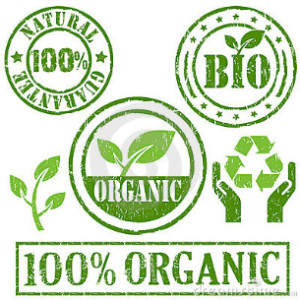U.S. GMO labeling Foes Triple Spending in First Half of this Year Over 2013
Opponents of mandatory labeling for foods made with GMOs spent more than $27 million in the first six months of this year on GMO-related lobbying, roughly three times their spending in all of 2013, according to an analysis released Wednesday. The Grocery Manufacturers Association (GMA) and major food makers such as Coca-Cola Co and?PepsiCo Inc?and top biotech seed makers, Monsanto Co and DuPont, were among heavy spenders on GMO labeling-related lobbying, among other food issues, according to a report issued by the Environmental Working Group. The group analyzed lobbying disclosure forms that cited labeling of foods containing genetically modified organisms (GMOs) along with other policy issues. The  opponents of GMO labeling disclosed $15.2 million in lobbying expenditures for the second quarter of 2014, bringing the six-month total for 2014 to $27.5 million. That compared with $9.3 million reported in 2013, according to EWG, a Washington-based nonprofit that supports GMO labeling. In contrast, supporters of GMO labeling disclosed $1.9 million in lobbying expenditures for the first half of 2014, up slightly from $1.6 million spent in 2013. The expenditures by food and?biotechnology?companies come as the group pushes for passage of a bill introduced in April by U.S. Representative Mike Pompeo that would block state laws that require GMO labeling on food packages.? Consumer groups and lawmakers pushing for mandatory labeling of GMOs say there is no scientific consensus on their safety, and consumers have the right to know if GMOs are in the food they eat. They say high pesticide use associated with GMOs, and pesticide residues on food containing GMOS, is a health concern.
opponents of GMO labeling disclosed $15.2 million in lobbying expenditures for the second quarter of 2014, bringing the six-month total for 2014 to $27.5 million. That compared with $9.3 million reported in 2013, according to EWG, a Washington-based nonprofit that supports GMO labeling. In contrast, supporters of GMO labeling disclosed $1.9 million in lobbying expenditures for the first half of 2014, up slightly from $1.6 million spent in 2013. The expenditures by food and?biotechnology?companies come as the group pushes for passage of a bill introduced in April by U.S. Representative Mike Pompeo that would block state laws that require GMO labeling on food packages.? Consumer groups and lawmakers pushing for mandatory labeling of GMOs say there is no scientific consensus on their safety, and consumers have the right to know if GMOs are in the food they eat. They say high pesticide use associated with GMOs, and pesticide residues on food containing GMOS, is a health concern.
New Study Confirms Organic Crops are Better for You!
Organic and agroecological farming methods typically build healthier soils, produce less pollution, and protect ecosystems better than conventional  cultivation methods. However, scientists have only recently discovered that organic products are also better for eaters. Check out this article from FoodTank.
cultivation methods. However, scientists have only recently discovered that organic products are also better for eaters. Check out this article from FoodTank.

Comments are closed.